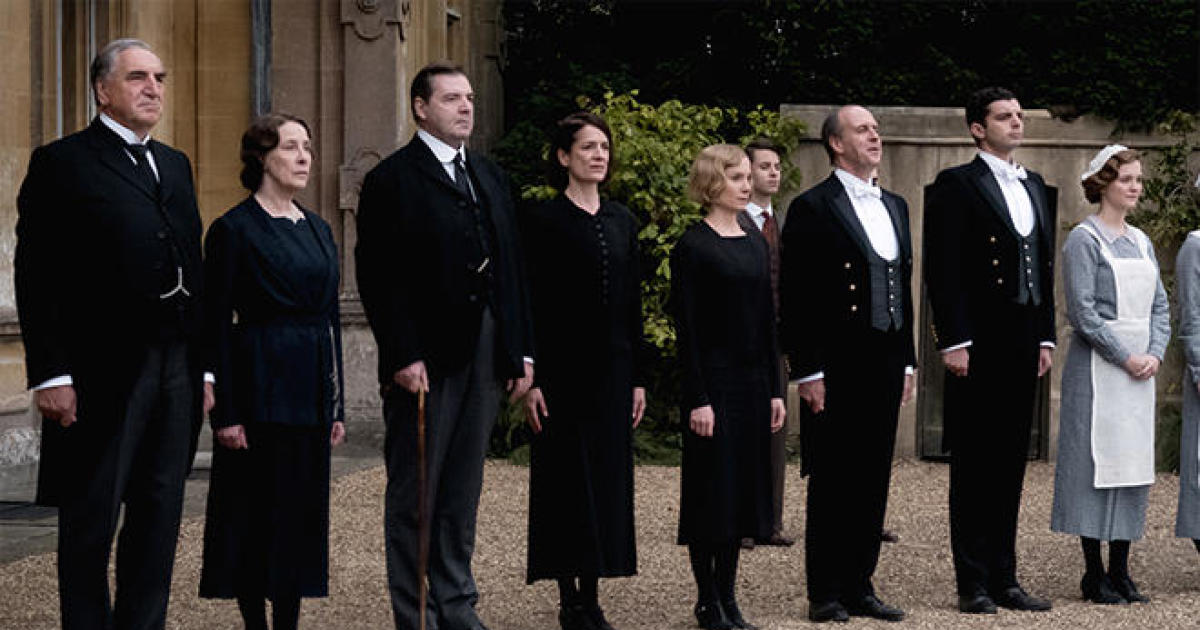Abbey Road
The Downton Abbey movie is out, and doing quite well. Who would have thought so many people would want to see something they used to get for free? But then, Downton Abbey was more than just a show. It was nostalgia for an age that none of the viewers lived through. It can be fun to watch or read about life at a great British home, and there have been plenty of movies and TV shows about that subject. But what was it really like?
I'm asking, I don't know. The first question is would you have been a master or servant? A show like Downton Abbey (and earlier, Gosford Park and, earlier, Upstairs, Downstairs) plays it both ways, where we get involved with the high and the low. But we all know the odds are a lot better we'd be the servants and not the upper crust.
And while the downstairs crew have a lively old time in these shows, I have to assume it was a life of drudgery and poverty, mixed with a fear you'd lose what little you had. And it wasn't easy to rise above your station. The system was rigged. The ruling class made the rules (thus their title) and got to be in charge not due to effort so much as birth.
I was just reading J. M. Barrie's The Admirable Crichton, which is set (in part) at such a home, and was written in 1902 when such estates existed. It's a fantasy/comedy that questions the nature of things (though not too seriously) and makes the comic point that the servants don't want equality--they enjoy being treated with contempt by their masters, partly because it allows them to treat those even lower with contempt.
I hear the Downton Abbey movie has a stirring speech from Maggie Smith as the Dowager Countess explaining why Downton Abbey must go on. This is what the audience wants to hear, I suppose, but as the film is set in the late 20s, we know hard economic times and WW2, among other things, will help bring it down. Stately homes in England today are mostly tourist sites.
PS I also hear (bit of a spoiler) that the Dowager Countess has to see a doctor in the film. Since the character is a descendant of Lady Bracknell, I couldn't help but be reminded of The Importance Of Being Earnest:
Algernon. [Airily.] Oh! I killed Bunbury this afternoon. I mean poor Bunbury died this afternoon.
Lady Bracknell. What did he die of?
Algernon. Bunbury? Oh, he was quite exploded.
Lady Bracknell. Exploded! Was he the victim of a revolutionary outrage? I was not aware that Mr. Bunbury was interested in social legislation. If so, he is well punished for his morbidity.
Algernon. My dear Aunt Augusta, I mean he was found out! The doctors found out that Bunbury could not live, that is what I mean—so Bunbury died.
Lady Bracknell. He seems to have had great confidence in the opinion of his physicians. I am glad, however, that he made up his mind at the last to some definite course of action, and acted under proper medical advice.




0 Comments:
Post a Comment
<< Home